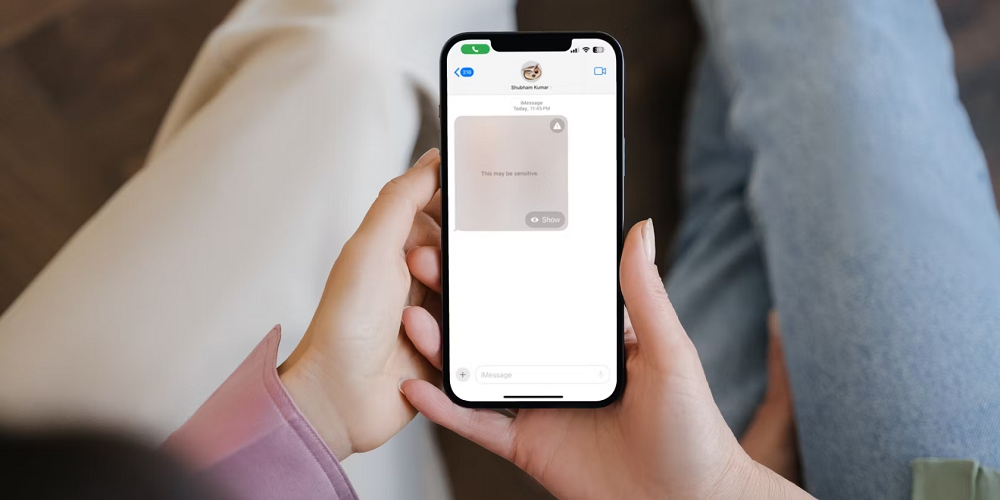Whether sending a confidential document to a colleague or sharing personal details with a friend, we rely on the security and privacy of these digital communications. However, many overlook a crucial aspect of safeguarding their sensitive messages: setting an expiration date.
Risks of perpetual data
The primary danger of not setting an expiration date on sensitive messages is that the information remains accessible indefinitely. In the digital realm, data has a way of persisting long after we’ve forgotten about it. Even if you trust the recipient of your message, there’s no guarantee that their device or account won’t be compromised in the future. Hackers, malware, or even physical theft expose your sensitive information to unauthorized parties.
Without an expiration date, your sensitive messages become a ticking time bomb. They resurface years later, potentially causing harm to your personal or professional life. Imagine a scenario where a private conversation from your past is leaked, leading to embarrassment, reputational damage, or even legal consequences. Setting an expiration date ensures that the message is automatically deleted after a specified time, reducing the risk of long-term exposure.
Fallibility of human memory
Setting an expiration date is crucial because it accounts for the fallibility of human memory. We often assume that the recipient of our sensitive messages will remember to delete them after reading them. However, people need to be more mindful, and the burden of securely disposing of the information falls on them. In the hustle and bustle of daily life, it’s easy for someone to forget to delete a message, leaving it vulnerable to accidental disclosure. Using a tool like Privatenoter, you set an expiration date on your sensitive messages, ensuring they are automatically deleted after a predetermined time. This feature takes the responsibility off the recipient’s shoulders and provides an added layer of security. Even if the recipient forgets to delete the message, Privatenoter will take care of it, giving you peace of mind.
Importance of control
Setting an expiration date on sensitive messages gives you control over your data. In an era where data privacy is a growing concern, it’s essential to have the ability to determine how long your information remains accessible. With traditional messaging platforms, you relinquish control over the message’s lifespan once you hit send. The recipient chooses to keep it indefinitely, forward it to others, or store it insecurely. By utilizing a service like Privatenoter, you regain control over your sensitive information. For more info about privnote visit privatenoter.comWhat is Privnote used for? You set a specific expiration date, ranging from a few minutes to several days, depending on the sensitivity of the content. This granular control allows you to tailor the message’s lifespan to your needs, ensuring it remains accessible only for as long as necessary.
Preventing unauthorized access
Not setting an expiration date on sensitive messages also leaves them vulnerable to unauthorized access. In the event of a data breach or a compromised account, your sensitive information can fall into the wrong hands. Cybercriminals constantly seek ways to exploit personal data for financial gain or malicious purposes. If your sensitive messages are left unprotected and accessible indefinitely, they become low-hanging fruit for attackers. Implementing an expiration date adds an extra layer of defence against unauthorized access. Even if a breach occurs, the sensitive messages will be automatically deleted after the set time, limiting the opportunity for malicious actors to exploit the information. This proactive approach to data security significantly reduces the impact of a potential breach.







